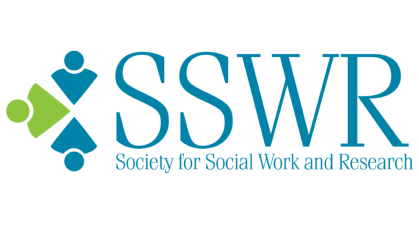Beyond the Ivory Tower: The Impact and Importance of Community Engaged Research in Social Work
Rutgers School of Social Work’s mission is to develop and disseminate knowledge through social work research, education, and training that promotes social and economic justice and strengthens individual, family, and community well-being in the diverse and increasingly global environment of New Jersey and beyond. Engaging with our communities is one of the hallmarks of this mission. In fact, one of the five core initiatives set forth in our strategic plan, Toward a More Just Future, is furthering innovative community engagement initiatives.
Associate Professor Emmy Tiderington, an expert in the implementation and effectiveness of homeless services for individuals with serious mental illness, substance use disorder, and other complex needs, conducts the kind of community engaged research that supports our mission. Dr. Tiderington shares how and why she conducts this work and how it has elevated her approach to social work studies.
Why have you pursued community engaged research in your area of study?
As a homeless services researcher, I believe I have an obligation to make my work as community-engaged as possible. The communities that I study - people with the lived experience of homelessness, serious mental illness, and/or substance abuse - have historically had things done to or for them by service providers and systems, rather than with them in a genuine partnership. So, I make every effort to engage people from these communities as genuine partners in my research studies. Whether it’s in the research design, execution, or interpretation of findings, my goal is to include people in a meaningful way.
How do you go about doing the work of community engaged research?
Beyond using qualitative methods to capture the views of these communities and bring these perspectives to the practice and policy world, I try to hire research assistants and staff with lived experience. I usually have a steering committee made up of individuals from relevant groups guiding the different phases of my research projects. I want at least some of my products to reach lay people outside of academia, so I will post research infographics and findings on social media, share evidence on best practices and policy through opinion editorials and interviews with local and national news outlets, and present my findings to broad audiences that include providers, policymakers, and people with lived experience.
What is the value of community engaged research?
I think making these connections with communities has really helped my work to achieve a high degree of ecological validity. The greatest compliments that I have received as a researcher is when someone who has been working in homeless services or is receiving homeless services comes up to me after a talk or contacts me online and says, “This finding really captures how I have been feeling in homeless services,” or, “Thank you for telling it like it is. I’m glad someone is bringing attention to this issue.”
How is your work making an impact?
I’ve had my expertise and/or research findings on homeless services cited by the U.S. Department of Housing and Urban Development, the Office of the Mayor of the City of New York, the U.S. Department of Health and Human Services, and the U.S. Supreme Court. And just this week, I provided testimony to the City of Newburgh City Council on Good Cause Eviction. Having entities like these make use of my work and knowledge to address the housing crisis and change homeless services for the better is exactly why I do research in the first place and why I work so hard to engage relevant communities in that research process. Because the changes that are being made should be made with the input of the people who matter most – those who have worked in and/or received these services.



